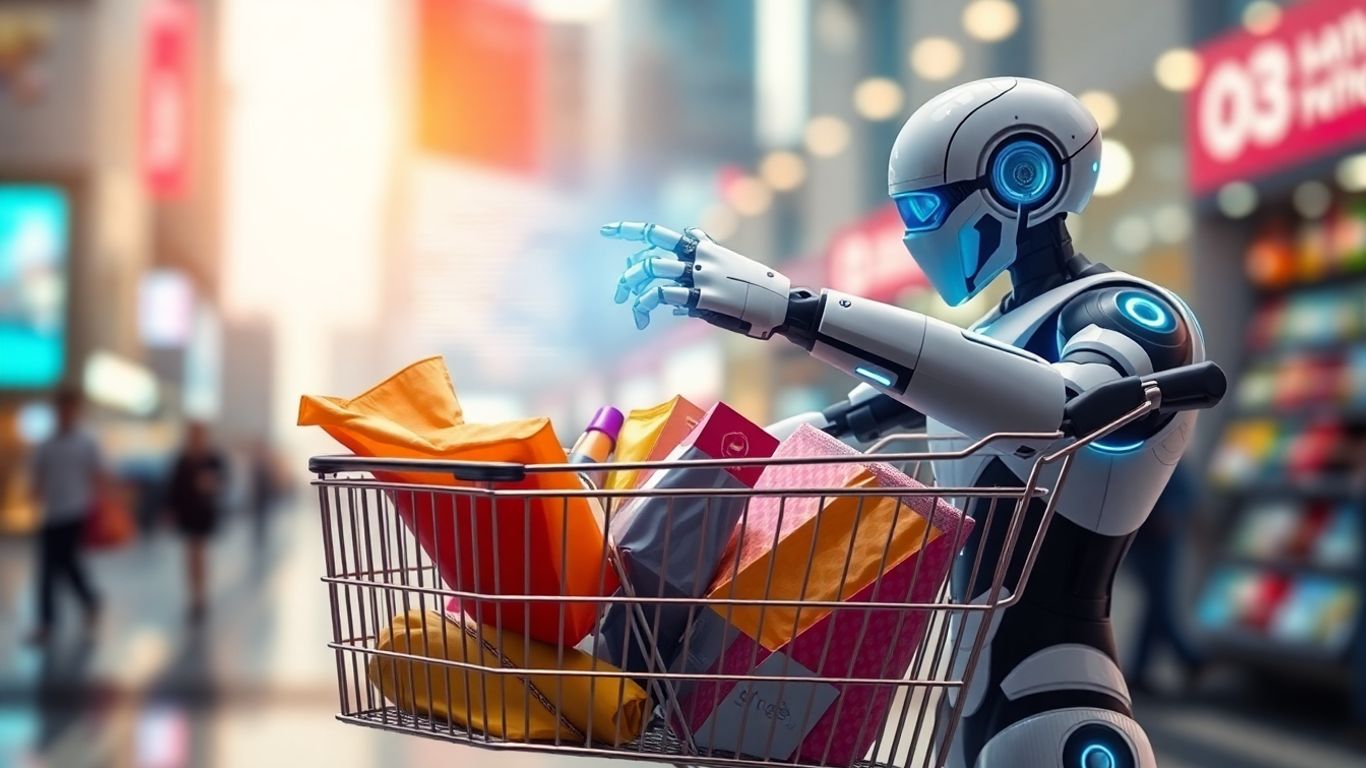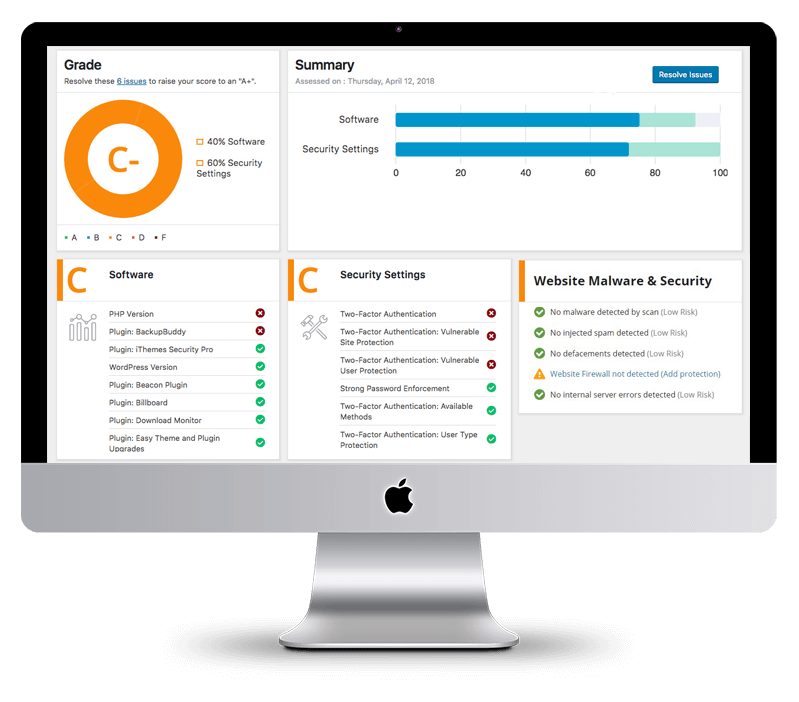OpenAI has dropped a new feature called "ChatGPT Agent," and it’s a game-changer for how we shop. Imagine having a personal assistant that can browse the web, compare products, and even book appointments for you, all while you’re busy with other things. This isn’t some far-off future concept; it’s here now, and it’s set to transform the entire buying process.
Key Takeaways
- AI as a Personal Shopper: ChatGPT agents act as your personal shopper, capable of complex online tasks.
- Efficiency Boost: These agents can complete tasks like booking restaurants or ordering groceries in minutes.
- Website Optimization is Critical: Websites need to be structured for AI visibility, impacting Conversion Rate Optimization (CRO).
- Platform Partnerships Matter: Integrations with services like OpenTable and Shopify directly influence AI search results.
- Strategic Shift for Marketers: Businesses need to adapt their strategies to account for AI-led purchasing journeys.
What Exactly Is ChatGPT Agent?
Think of ChatGPT Agent as a super-powered version of the chatbot you already know. It’s equipped with its own virtual computer and can browse the internet just like you do. This means it can perform a series of tasks based on a single prompt you give it. For example, one user asked their agent to find and order a kilogram of locally roasted, fresh coffee. In under three minutes, the agent had searched online, compared options, added the coffee to a cart, and was ready for the user to complete the purchase with their payment details.
<figure>
<img src="https://images.unsplash.com/photo-1593642532842-98d0da10302f?ixlib=rb-4.0.3&ixid=M3wxMjA3fDB8MHxwaG90by1wYWdlfHx8fGVufDB8fHx8fA%3D%3D&auto=format&fit=crop&w=1470&q=80" alt="Person using a laptop">
<figcaption>AI agents can handle complex online tasks, freeing up your time.</figcaption>
</figure>
This new agent mode combines two previous functionalities: a browser system for navigating the web and a deep research capability. The result is an AI that can go incredibly deep into its searches, saving users significant time. Imagine trying to find a summer holiday camp that perfectly matches your child’s specific interests. Instead of spending hours sifting through websites, you can prompt the agent with details about your child, and it will do the legwork, comparing locations, costs, and schedules.
How It Works Behind the Scenes
When you use ChatGPT Agent, it essentially sets up its own desktop environment. It uses Bing as its search engine, thanks to OpenAI’s partnership with Microsoft. You can watch it in action as it opens browsers, navigates to sites like OpenTable, inputs your search criteria, and even checks menus for specific dietary options. It’s incredibly thorough, going beyond just finding a restaurant to checking reviews on platforms like TripAdvisor to ensure it doesn’t recommend a place with poor feedback.
<figure>
<img src="https://images.unsplash.com/photo-1518770660439-4636190af67c?ixlib=rb-4.0.3&ixid=M3wxMjA3fDB8MHxwaG90by1wYWdlfHx8fGVufDB8fHx8fA%3D%3D&auto=format&fit=crop&w=1470&q=80" alt="Person looking at a computer screen with charts">
<figcaption>AI agents meticulously research options, even checking reviews.</figcaption>
</figure>
This level of detail is something a human might not always do, especially when trying to save time. The agent can compare menus, check for vegetarian starters, and assess reviews simultaneously. It’s designed to streamline the entire process, taking you right to the point of confirmation or checkout.
The Impact on Your Website and Marketing
This new AI capability means that websites need to be optimized not just for human visitors but also for AI agents. This significantly increases the importance of Conversion Rate Optimization (CRO). Websites that are difficult to navigate, have slow loading times, or present technical issues will be abandoned by AI agents in favor of competitors.
Here’s what becomes crucial:
- Clean HTML and Schema Markup: AI agents often switch to a "reading mode" that focuses on the underlying HTML. Clean code and proper schema markup are essential for AI visibility, even though humans might not see these elements.
- User Experience for Bots: Websites need to be incredibly easy for AI agents to understand and interact with. This means clear product pages, simple dropdowns, straightforward add-to-cart processes, and minimal blockers like mandatory account sign-ups.
- Platform Partnerships: If AI agents are using platforms like OpenTable or Booking.com, having your business listed and optimized on these platforms becomes even more important.
<figure>
<img src="https://images.unsplash.com/photo-1551288049-bebda4e38f71?ixlib=rb-4.0.3&ixid=M3wxMjA3fDB8MHxwaG90by1wYWdlfHx8fGVufDB8fHx8fA%3D%3D&auto=format&fit=crop&w=1470&q=80" alt="Person typing on a keyboard">
<figcaption>Optimizing your website for AI agents is the new frontier.</figcaption>
</figure>
Adapting Your Strategy
For marketers, this shift is seismic. The traditional 80/20 rule (80% budget on what works, 20% on experimentation) might need to change. AI search optimization is no longer an experiment; it’s becoming a core part of marketing strategy. Businesses need to ensure their websites are discoverable and functional for AI agents, which means integrating SEO, AI search optimization, and content strategy.
Consider these points:
- AI Search Optimization: Focus on making your content and website structure understandable and accessible to AI. This includes technical SEO elements like schema markup.
- Niche Targeting: As AI agents become more personalized, targeting specific customer personas with tailored content and offerings will be key.
- Paid Media’s Role: With AI agents potentially streamlining searches, paid media (like social media ads) might become even more important for brand discovery and awareness, especially for new or niche businesses.
This is a transformative moment, and businesses that adapt quickly will be best positioned to succeed in this new AI-driven landscape.

Rodney Laws is an ecommerce expert with over a decade of experience helping entrepreneurs build and grow online businesses. He specializes in reviewing ecommerce platforms, optimizing user experience, and guiding brands toward higher conversions. His insights have been published on leading industry sites including UsabilityGeek, G2, Spendesk, and PPC Hero.
As the editor at EcommercePlatforms.io, Rodney combines hands-on knowledge with clear, actionable advice to help business owners choose the right tools and strategies. When he’s not testing the latest software or analyzing trends, he’s sharing practical tips that make complex ecommerce decisions simple.




